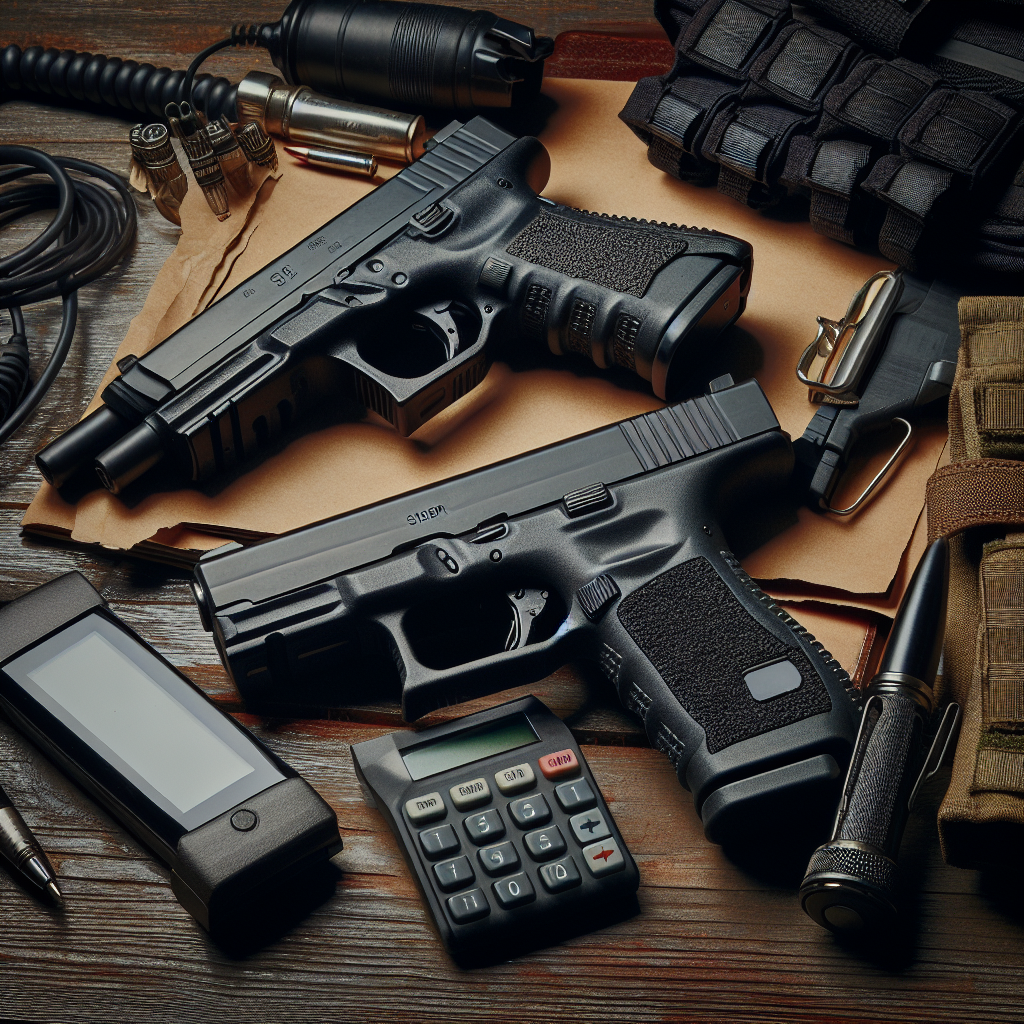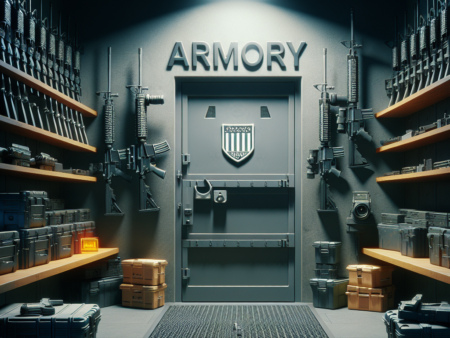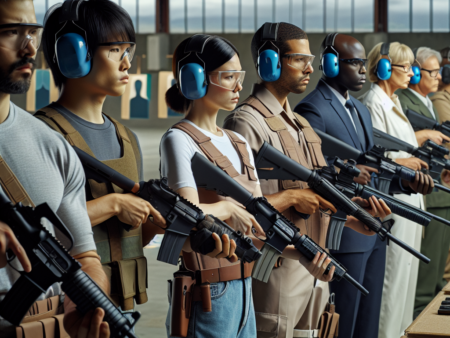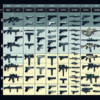Etika penggunaan senjata api dalam situasi krisis adalah pertimbangan penting untuk meminimalkan risiko dan melindungi nyawa.
Etika Penggunaan Senjata Api dalam Situasi Krisis
-
Table of Contents
Introduction

Indonesia, like many other countries, faces various crises and emergencies that require swift and effective responses. In such situations, the use of firearms becomes a critical consideration for law enforcement agencies and security forces. This article aims to explore the etiquette and guidelines surrounding the use of firearms in crisis situations in Indonesia, taking into account the legal framework, training protocols, and ethical considerations.
The Legal Framework
Before delving into the etiquette of firearm usage in crisis situations, it is essential to understand the legal framework that governs the possession and use of firearms in Indonesia. The primary legislation regulating firearms is Law No. 8 of 1948 concerning Firearms and Sharp Weapons. This law establishes the requirements for obtaining a firearm license, the types of firearms allowed, and the conditions under which they can be used.
Additionally, the Indonesian National Police (Polri) issues regulations and guidelines that further specify the rules and procedures for the use of firearms by law enforcement officers. These regulations aim to ensure that the use of firearms is proportionate, necessary, and in line with human rights principles.
Firearm Licensing
Obtaining a firearm license in Indonesia is a rigorous process that involves background checks, mental health evaluations, and training requirements. The applicant must demonstrate a genuine need for a firearm, such as self-defense or professional duties. The licensing process is overseen by the local police, who assess the applicant’s eligibility based on the established criteria.
Use of Firearms in Crisis Situations
Law enforcement officers and security forces are authorized to use firearms in crisis situations when there is an imminent threat to life or serious bodily harm. However, the use of firearms must always be a last resort, and officers are expected to employ de-escalation techniques and non-lethal force options whenever possible.
Polri has established guidelines for the use of firearms, emphasizing the principles of proportionality, necessity, and accountability. Officers are trained to assess the threat level and respond accordingly, using the minimum force necessary to neutralize the threat. The use of firearms should be aimed at protecting lives, preventing serious crimes, and maintaining public order.
Training and Preparedness
Ensuring the responsible and effective use of firearms in crisis situations requires comprehensive training and preparedness. Law enforcement officers and security forces undergo rigorous training programs that focus on firearms handling, marksmanship, tactical decision-making, and crisis management.
Firearms Training Programs
The Indonesian National Police provides specialized training programs for its officers, including the Basic Firearms Training Course and the Advanced Tactical Training Course. These programs cover various aspects of firearms usage, including weapon safety, marksmanship, shooting techniques, and tactical scenarios.
Moreover, officers receive regular refresher courses to maintain their proficiency and stay updated on the latest techniques and best practices. These training programs aim to enhance officers’ decision-making skills, situational awareness, and ability to assess threats accurately.
Collaboration with International Partners
Indonesia also collaborates with international partners to enhance its training programs and exchange knowledge and expertise in crisis response and firearms usage. Joint exercises and training programs with countries like the United States, Australia, and Singapore provide valuable opportunities for Indonesian law enforcement officers to learn from their counterparts and adopt international best practices.
Ethical Considerations
While the legal framework and training protocols provide a foundation for responsible firearm usage, ethical considerations play a crucial role in guiding the behavior of law enforcement officers and security forces in crisis situations.
Respect for Human Rights
Respecting human rights is paramount in any crisis situation. Law enforcement officers must adhere to the principles of proportionality and necessity, ensuring that the use of firearms is justified and does not result in excessive force or unnecessary harm. The right to life and physical integrity should always be protected, even in the face of challenging circumstances.
Accountability and Transparency
Accountability and transparency are essential elements in maintaining public trust and confidence in the use of firearms. Law enforcement agencies must have robust mechanisms in place to investigate and address any misuse or abuse of firearms. Regular reporting, internal reviews, and external oversight contribute to accountability and ensure that any violations are appropriately addressed.
Summary
The use of firearms in crisis situations in Indonesia is governed by a comprehensive legal framework, training protocols, and ethical considerations. The possession and use of firearms require a rigorous licensing process, and law enforcement officers are trained to prioritize de-escalation and non-lethal force options. Training programs and collaborations with international partners enhance officers’ preparedness and proficiency. Ethical considerations, such as respect for human rights and accountability, guide the behavior of officers in crisis situations. By adhering to these guidelines, Indonesia aims to ensure the responsible and effective use of firearms in maintaining public safety and security.







